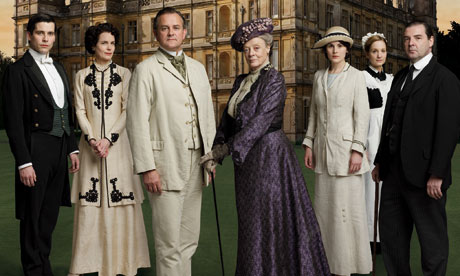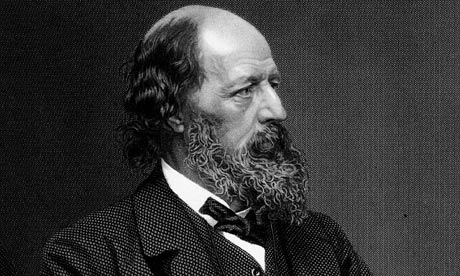When I do count the clock that tells the time,
And see the brave day sunk in hideous night;
When I behold the violet past prime,
And sable curls all silver'd o'er with white;
When lofty trees I see barren of leaves
Which erst from heat did canopy the herd,
And summer's green all girded up in sheaves
Borne on the bier with white and bristly beard,
Then of thy beauty do I question make,
That thou among the wastes of time must go,
Since sweets and beauties do themselves forsake
And die as fast as they see others grow;
And nothing 'gainst Time's scythe can make defence
Save breed, to brave him when he takes thee hence.
Notes
count (1): count the chimes.
hideous (2): The exact meaning here is likely derived from the Old French
hisde meaning
dread. Thus we have a balanced antithesis in brave/day and hideous/night.
prime (3): peak; also a continuation of the extended time metaphor as
prime was the first hour of the day, usually 6 a.m.
or the hour of sunrise (OED).
sable (4): darkest brown. Note the extensive color imagery (as we also see in Sonnet 73) -- violet, sable, green, silver, white.
all silver'd o'er (4): The original, Q's
or siluer'd ore, was changed by Malone (ed. 1780) to
all silver'd o'er, due to Malone's insistence that
or was a printing mistake. However, some editors leave
or, believing it refers to the heraldic color
gold (see Tucker ed. 1924).
Malone's simple explanation seems to make most sense, especially if we compare
Hamlet:
Hamlet. His beard was grizzled--no?
Horatio. It was, as I have seen it in his life,
A sable silver'd. (1.2.242)
canopy (6): shelter.
erst (6): formerly.
summer's green (7): Shakespeare here uses a literary device known as
synecdoche (by which a specific part is taken for the whole); thus
summer's green is the bounty of crops.
girded up (7): tied up tightly (the first use of the term as such in English).
And...beard (8-9): One of the most striking metaphors in the
sonnets. The harvested crops, carried on the bier, wrapped tightly with
protruding pale hulls, are personified as the body of an old man,
carried on a cart or wagon to church, wrapped tightly in his shroud,
with his protruding white beard.
breed (14): children.
brave (14): challenge.
Source: Shakespeare, William. Sonnet 12. Ed. Amanda Mabillard. Shakespeare Online.
20 Aug. 2000. <http://www.shakespeare-online.com/sonnets/12.html
>.



















